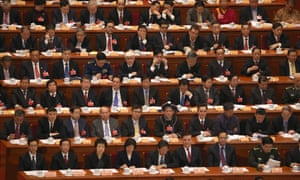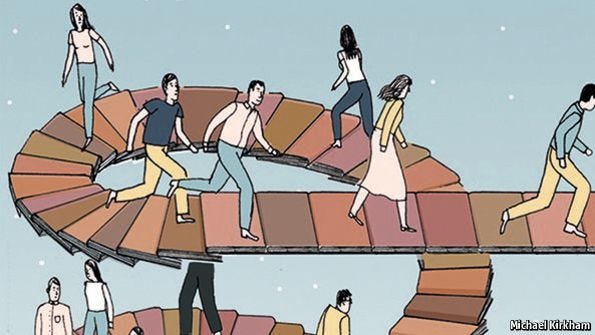The convulsions to come in 2017 are the political manifestations of much deeper forces in play. In much of the developed world, the trend of aging demographics and declining productivity is layered with technological innovation and the labor displacement that comes with it. China's economic slowdown and its ongoing evolution compound this dynamic. At the same time the world is trying to cope with reduced Chinese demand after decades of record growth, China is also slowly but surely moving its own economy up the value chain to produce and assemble many of the inputs it once imported, with the intent of increasingly selling to itself. All these forces combined will have a dramatic and enduring impact on the global economy and ultimately on the shape of the international system for decades to come.
These long-arching trends tend to quietly build over decades and then noisily surface as the politics catch up. The longer economic pain persists, the stronger the political response. That loud banging at the door is the force of nationalism greeting the world's powers, particularly Europe and the United States, still the only superpower.
Only, the global superpower is not feeling all that super. In fact, it's tired. It was roused in 2001 by a devastating attack on its soil, it overextended itself in wars in the Islamic world, and it now wants to get back to repairing things at home. Indeed, the main theme of U.S. President-elect Donald Trump's campaign was retrenchment, the idea that the United States will pull back from overseas obligations, get others to carry more of the weight of their own defense, and let the United States focus on boosting economic competitiveness.























